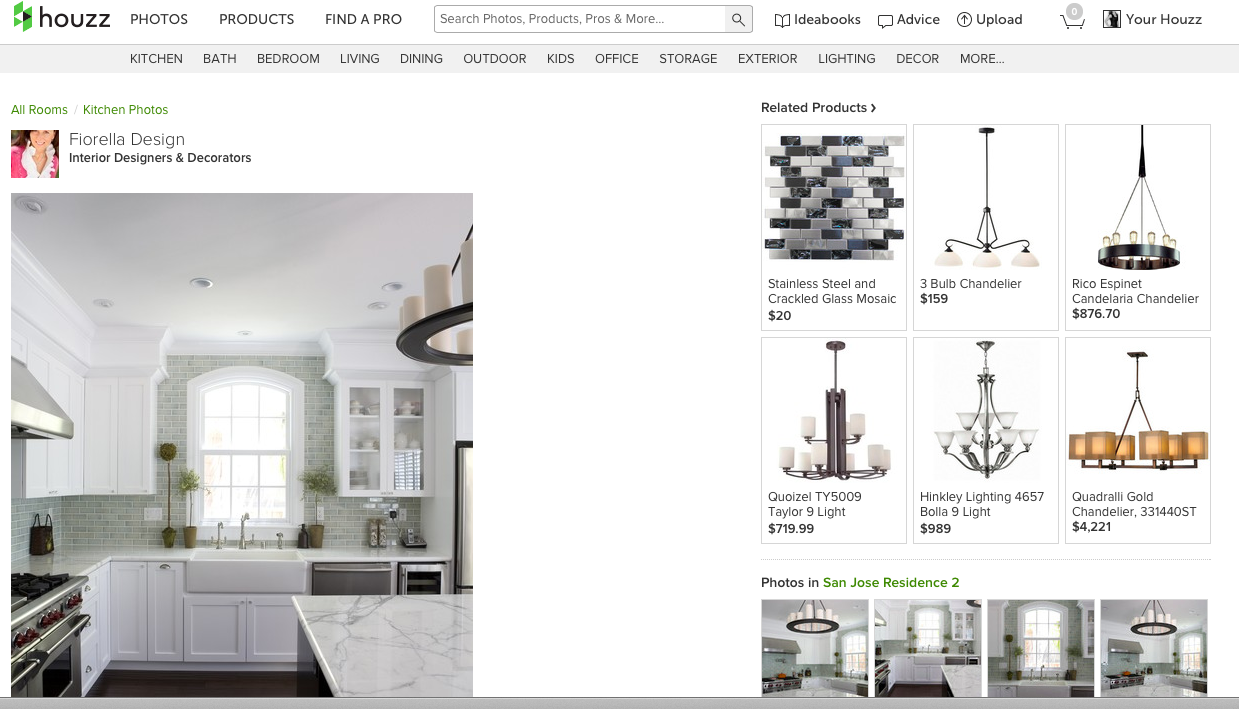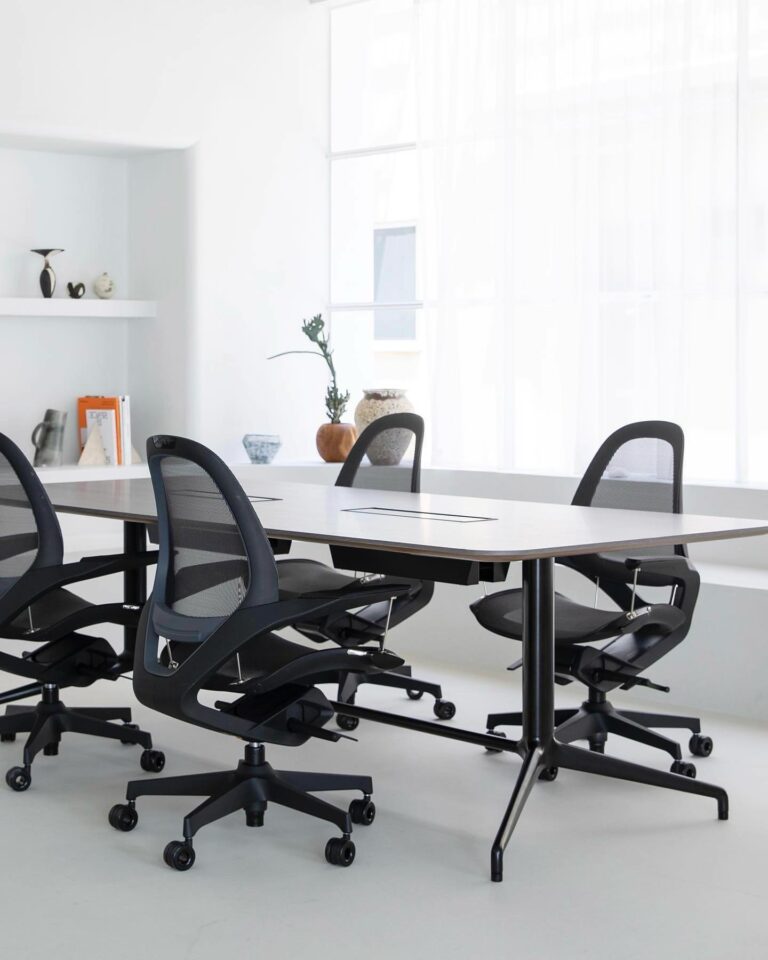How to Maintain an Organised Workforce in Retail
The world of retail is a fast and furious one. In the digital age variables such as inventory, marketing messages and advertising spend all need to be monitored and adjusted frequently creating an unenviable workload. Unfortunately, that’s just the tip of the iceberg.
To deal with the constantly changing sales landscape, your workforce needs to be on top of its game to spot opportunities and avoid challenges wherever and whenever they may happen. Here are a few essentials your retail outfit should consider in order to maintain an organised workforce.
Nail your POS offering
POS stands for point of sale and refers to the final stage of the buying process where a customer finally clicks that all important ‘buy’ button. Modern systems can help your workforce track inventory and provide managers with up to the minute data on best-selling items, low stock and particularly profitable locations.
Keeping on top of this data and knowing how to use it in the right way is essential for a modern retail outfit. A retailer’s worst nightmare is running out of an extremely profitable item when demand is reaching its peak. Fortunately, modern systems give businesses every opportunity to get organised and ensure this scenario never becomes a reality.
Trial a time management system
Time management is key to becoming an organised business. Have you ever noticed that organised people are very rarely late? It’s no coincidence that punctuality and organisation go hand in hand with one another.
There are several theories and methodologies which you could implement for a trial period in your business to see if it makes a difference in the organisational abilities of your brand. Three of the most popular are:
- The Pomodoro technique, which consists of breaking down your work into short, timed intervals. This conditions your brain to focus intently for short periods and helps you to keep on top of your list of duties.
- The Eisenhower Matrix, which was inspired by the former president’s famous quote “I have two kinds of problems: the urgent and the important. The urgent are not important, and the important are never urgent.”
- The POSEC method, which stands for ‘prioritising by organising, streamlining, economising and contributing’. Again, this system focuses on how to break down large tasks into smaller, more manageable objectives.
Give yourself room to breathe
Whilst it can get hectic in the midst of running a business, it’s important to make sure you give yourself the opportunity to take time out and think about important decisions.
Avoidable mistakes happen when we rush through proposals and ideas that haven’t had the appropriate attention put into them. Of course, it’s easier said than done to find the time for nothing but thinking, but you owe it to yourself and your business to switch off that ‘all systems go’ mindset. Even if it’s just for thirty minutes a day.








